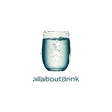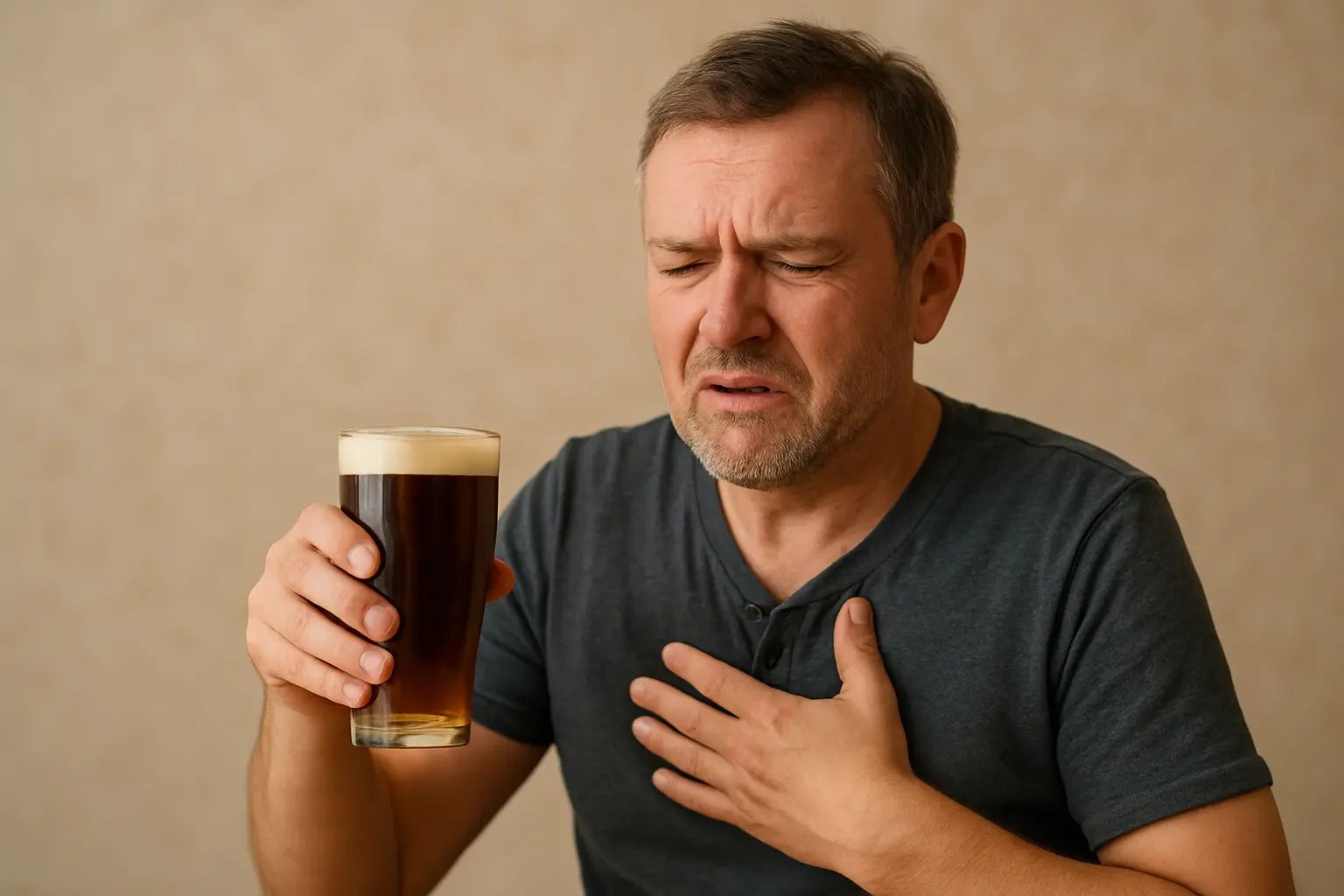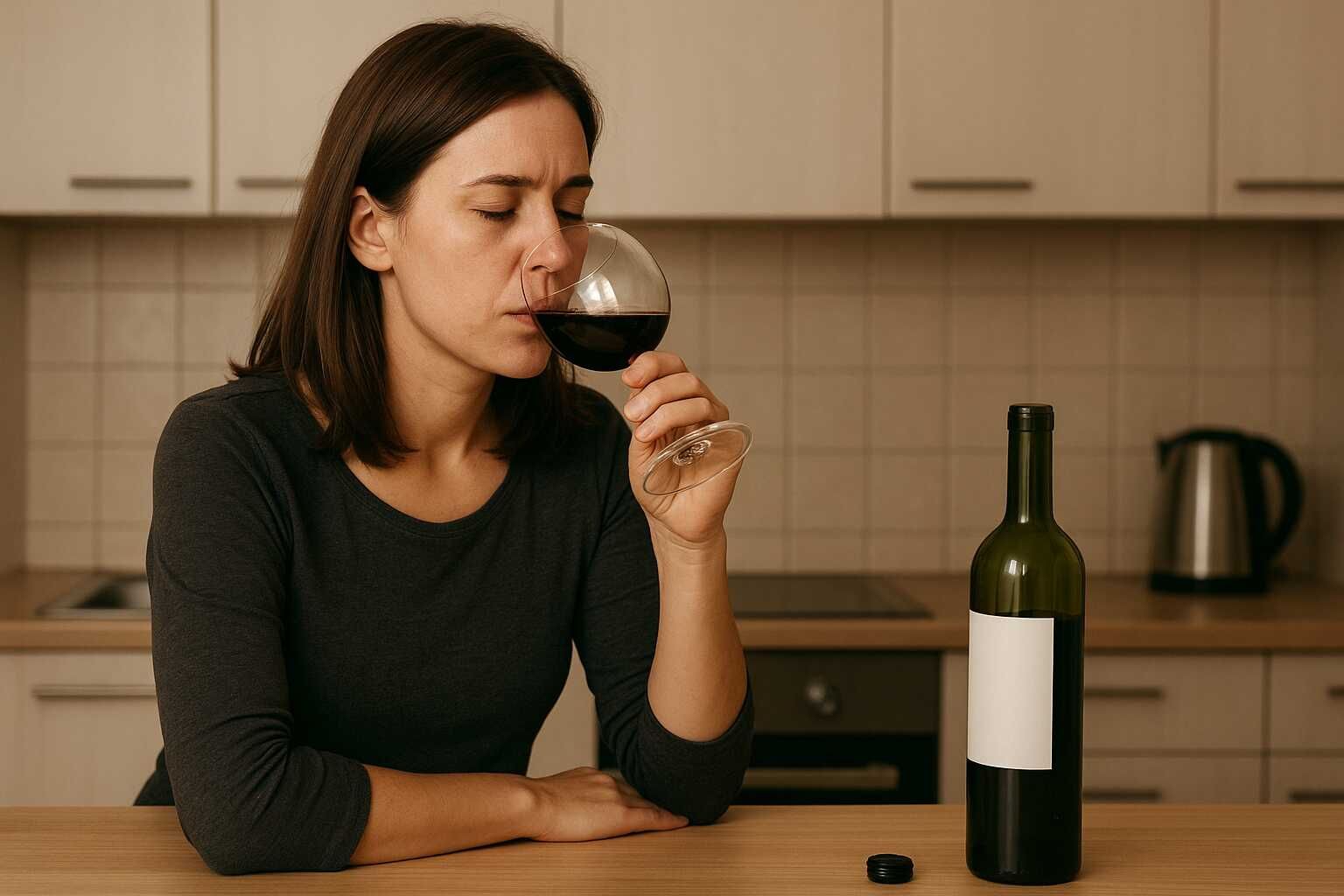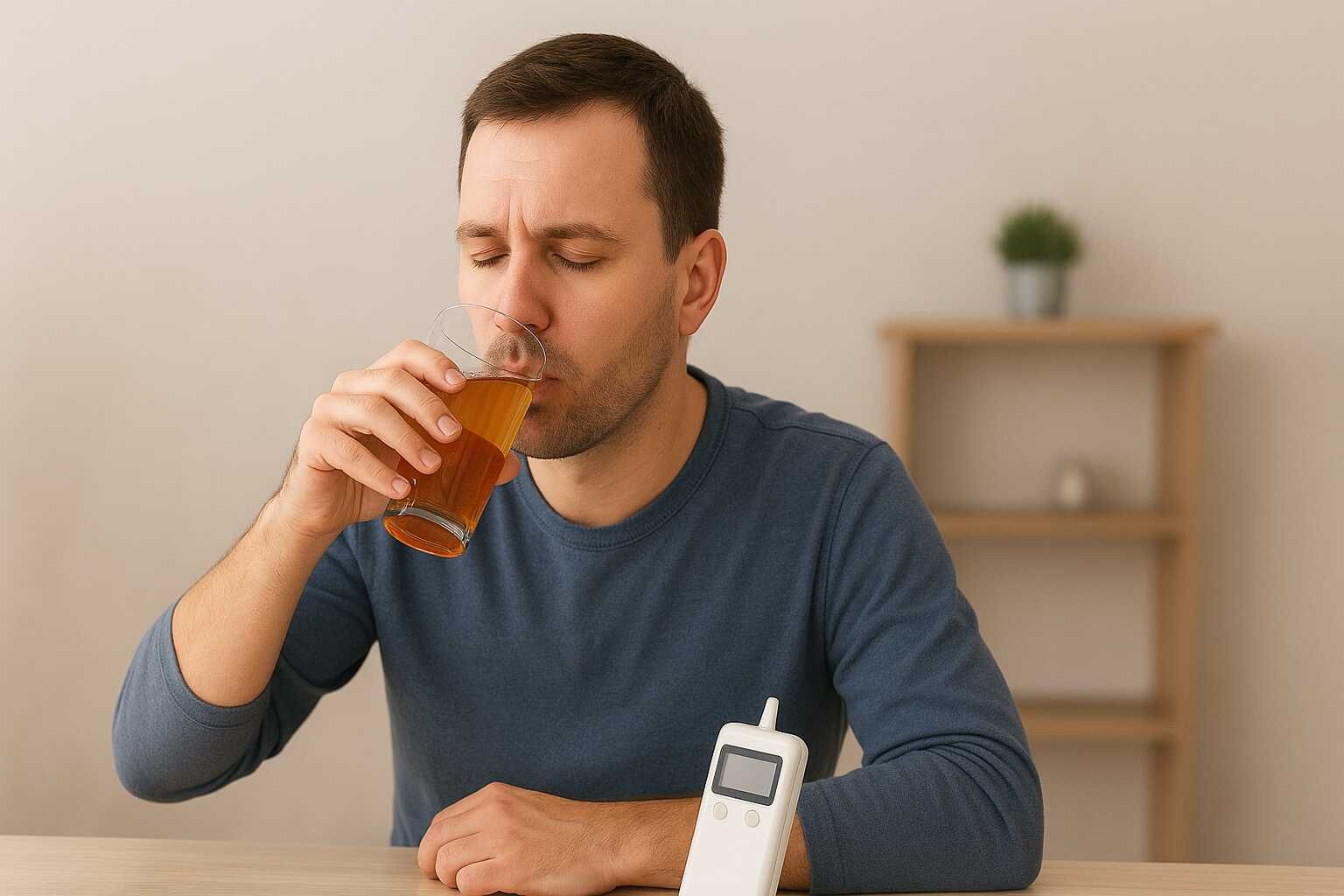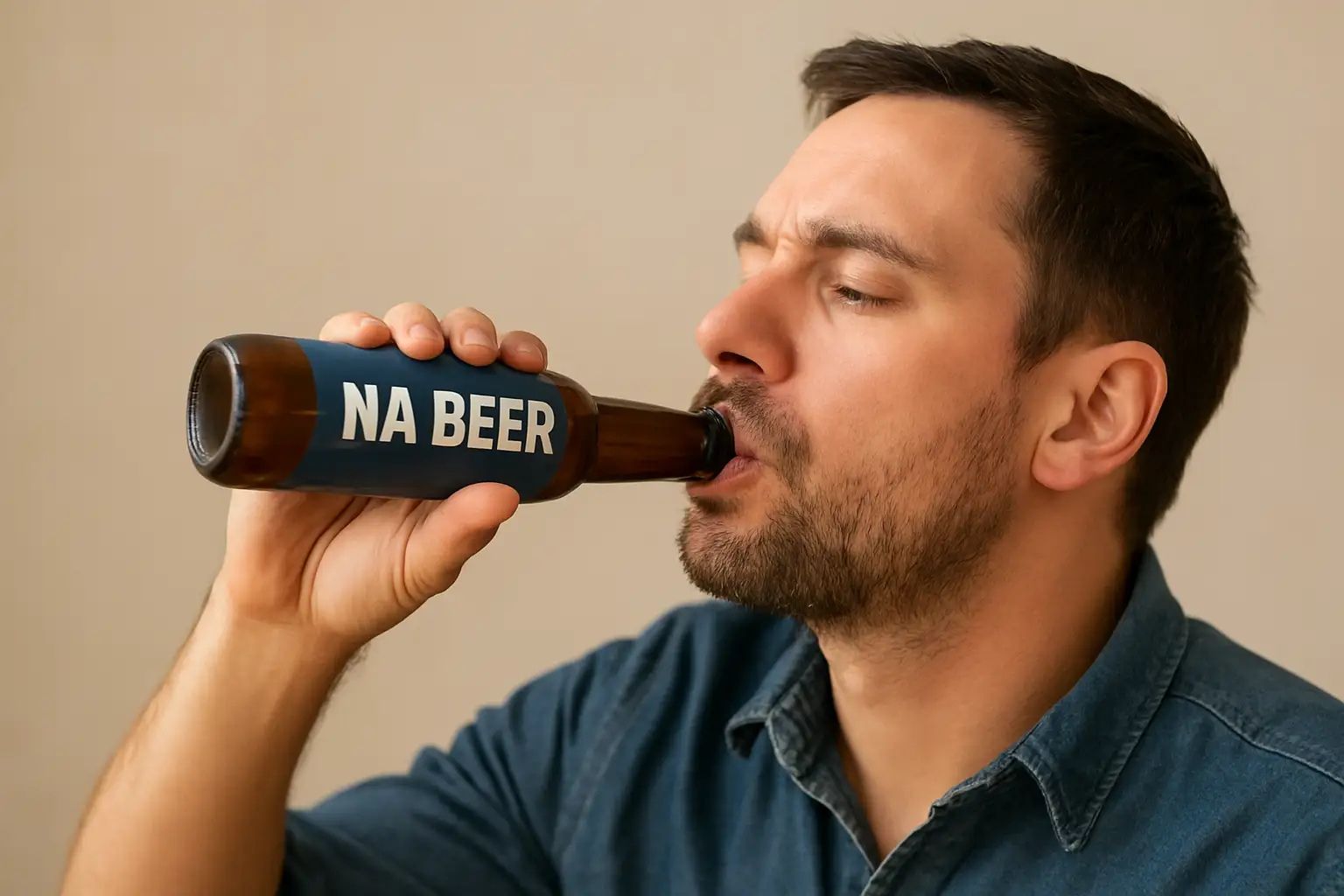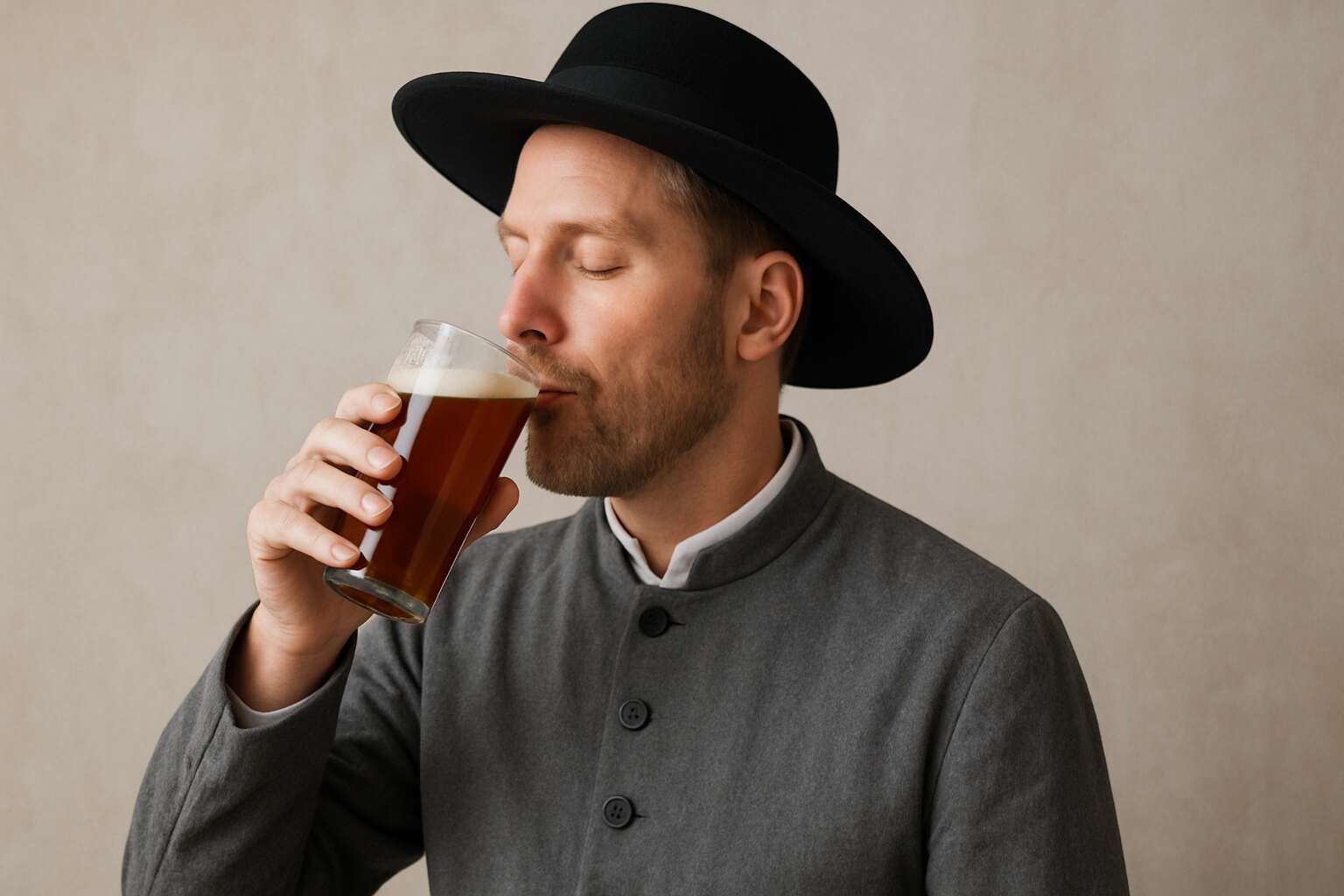Yes, drinking (especially alcohol or carbonated/acidic beverages) can trigger reflux, esophageal irritation, arrhythmia, or heart strain; seek urgent care if pain is severe, radiates, or comes with shortness of breath.
Introduction: Can Drinking Cause Chest Pain?
If you’ve ever wondered, “Can drinking cause chest pain?”, you’re not alone. Many people experience discomfort or tightness in their chest after having a drink — whether it’s alcohol, soda, or even an energy drink. In most cases, this pain isn’t immediately dangerous, but it can reveal how your body reacts to what you consume.
Drinking can cause chest pain in several ways. Alcohol may irritate the esophagus, trigger acid reflux, or put temporary strain on the heart. Carbonated drinks, on the other hand, can lead to gas buildup and pressure in the chest. Understanding why this happens helps you recognize when it’s harmless and when it’s a warning sign worth paying attention to.
How Drinking Affects the Body and Chest
Drinking — especially alcohol — can affect your chest and heart in more ways than one. Alcohol relaxes the lower esophageal sphincter, the muscle that keeps stomach acid from rising, leading to acid reflux or a burning sensation in the chest. It can also raise blood pressure and heart rate, causing strain or discomfort in people with sensitive cardiovascular systems.
In some cases, alcohol triggers irregular heart rhythms, known as arrhythmias, or even holiday heart syndrome, where chest pain appears after heavy drinking. Non-alcoholic drinks, like carbonated beverages, may also cause bloating or pressure-related chest pain. These effects are often temporary, but frequent episodes could signal an underlying issue with the heart, stomach, or esophagus that shouldn’t be ignored.

Common Causes of Chest Pain After Drinking
| Cause | Description | Effect on Chest Pain |
|---|---|---|
| Acid Reflux (GERD) | Alcohol or carbonated drinks cause stomach acid to move upward, irritating the esophagus. | Burning or sharp chest discomfort after drinking. |
| Esophageal Spasms/Inflammation | Triggered by acidic or alcoholic beverages. | Causes sudden tightness or squeezing pain. |
| Heart-Related Issues | Alcohol raises blood pressure, strains the heart, and may cause arrhythmias or holiday heart syndrome. | Chest pressure, irregular heartbeat, or pain. |
| Alcoholic Cardiomyopathy | Long-term heavy drinking weakens the heart muscle. | Chronic chest pain or shortness of breath. |
| Anxiety or Dehydration | Common after drinking due to fluid loss or nervous system effects. | Mild tightness or discomfort in the chest. |
Warning Signs – When to Be Concerned
While occasional chest discomfort after drinking might not be serious, certain symptoms should never be ignored. If the pain feels heavy, radiates to your arm, jaw, or back, or comes with shortness of breath, dizziness, sweating, or nausea, it could indicate a heart-related issue. Alcohol can trigger arrhythmias or worsen high blood pressure, increasing the risk of cardiac strain.
Burning or pressure linked to acid reflux usually subsides after rest or antacids, but persistent or sharp pain deserves medical evaluation. Chest pain following binge drinking or episodes of rapid heartbeat could point to holiday heart syndrome. When in doubt, treat new or intense chest pain seriously — it’s always better to get checked.
Risk Factors That Make Chest Pain More Likely
Certain factors increase the chances that drinking can cause chest pain. People with GERD, high blood pressure, or heart disease are more prone to discomfort after alcohol or carbonated beverages. Binge drinking, smoking, and combining alcohol with caffeine or energy drinks can intensify chest tightness or heart palpitations.
Age, stress, and poor hydration also make symptoms worse. Over time, heavy drinking may lead to alcohol cardiomyopathy, where the heart muscle weakens, causing persistent chest pressure. If you often feel pain or burning after drinks, your body may be signaling an imbalance that needs attention — especially if it’s paired with fatigue, dizziness, or shortness of breath.

Prevention & Relief Tips for Chest Pain After Drinking
| Prevention Tip | Description | Benefit |
|---|---|---|
| Limit Alcohol Intake | Avoid binge drinking to reduce stress on the heart and digestive system. | Lowers risk of heart strain and acid reflux. |
| Eat Before Drinking | Consume a balanced meal before alcohol consumption. | Helps prevent acid reflux and irritation. |
| Avoid Lying Down After Drinking | Stay upright for at least 2–3 hours. | Reduces risk of acid backing up into the esophagus. |
| Sip Carbonated/Acidic Drinks Slowly | Avoid gulping fizzy or acidic beverages. | Minimizes bloating and chest pressure. |
| Stay Hydrated | Alternate each alcoholic drink with a glass of water. | Supports better alcohol metabolism and reduces dehydration. |
| Avoid Triggers | Choose mild, non-acidic drinks if you have GERD or heart issues. | Prevents recurring discomfort. |
| Seek Medical Advice | Consult a doctor if pain continues or worsens. | Rules out arrhythmia, inflammation, or high blood pressure. |
FAQs – Can Drinking Cause Chest Pain?
1. Why does my chest hurt after drinking alcohol?
Chest pain after drinking can occur due to acid reflux, dehydration, or irritation of the stomach lining. Alcohol relaxes the lower esophageal sphincter, allowing stomach acid to move upward and cause burning or tightness in the chest.
2. Can alcohol trigger heart problems?
Yes. Heavy drinking can lead to irregular heart rhythms (arrhythmia), high blood pressure, and even alcoholic cardiomyopathy — all of which can cause chest pain or discomfort.
3. Is it normal to feel chest tightness after one drink?
Even one drink can trigger symptoms in people sensitive to alcohol, sulfites, or carbonation. If chest pain happens frequently, consult a doctor.
4. How can I prevent chest pain after drinking?
Drink slowly, stay hydrated, avoid acidic mixers, and eat beforehand. Limiting alcohol intake significantly reduces chest discomfort.
5. When should I seek medical help?
Seek immediate help if chest pain is severe, radiates to your arm or jaw, or is accompanied by shortness of breath, nausea, or sweating — these can be signs of a heart attack.
